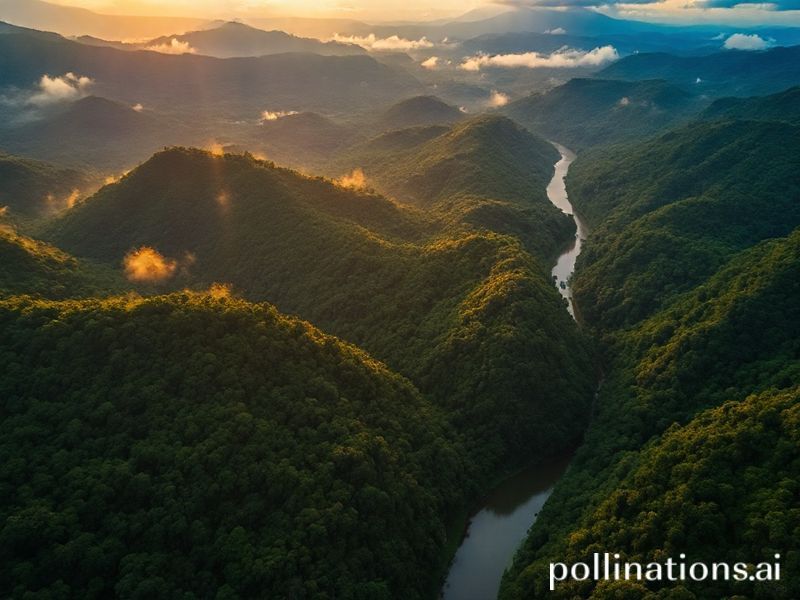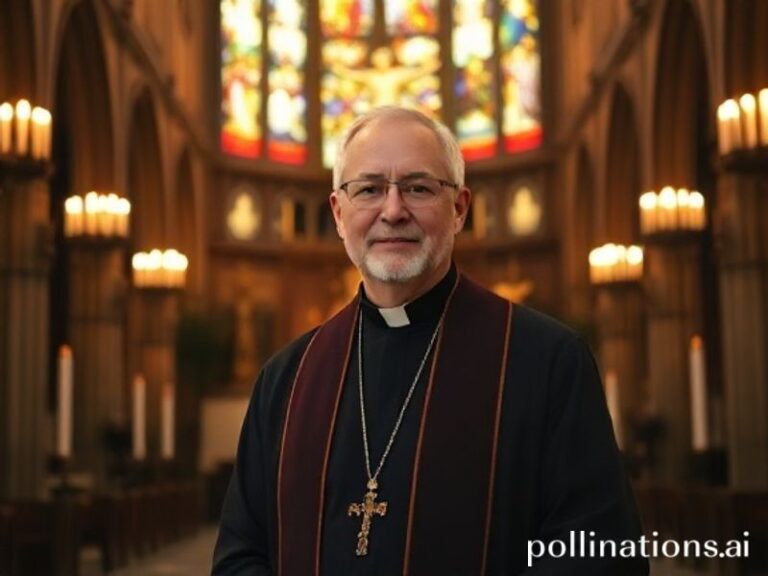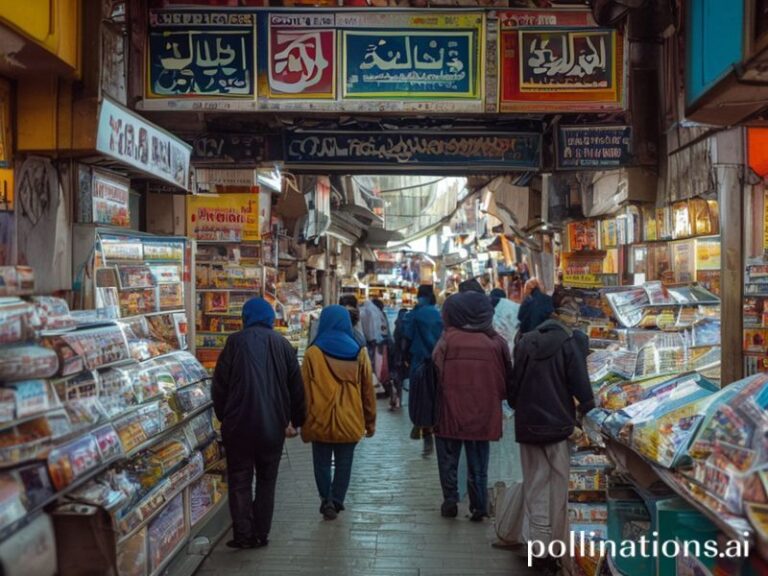honduras
Honduras: The Little Republic That Couldn’t Catch a Break
By Dave’s Locker International Desk (with a stiff cup of contraband coffee)
If global geopolitics were a dinner party, Honduras would be the guest who arrives early, helps set the table, and still gets seated next to the drunk uncle who keeps spilling merlot on the linen. A Central American sliver wedged between Guatemala and Nicaragua, it has spent two centuries perfecting the art of being underestimated—then proving everyone right.
Today the world watches as President Xiomara Castro, elected on a wave of “finally, maybe this time” optimism, wrestles with the same hydra that has devoured every predecessor: an economy held together by duct tape and remittances, and a homicide rate that makes Chicago look like a wellness retreat. The IMF just coughed up another $200 million, which in Honduran terms is roughly enough to keep the lights on in Tegucigalpa until next Tuesday. Multinationals, meanwhile, continue their half-hearted courtship: “Love your beaches, terrified of your courts, call us maybe?”
But why should the rest of the planet care beyond a shrug and a new exotic coffee blend? Because Honduras is the canary in a very cramped, very humid coal mine. When its farms—once the world’s third-largest coffee exporter—dry up under climate-fueled droughts, Starbucks addicts from Seattle to Seoul feel it in their $7 lattes. When gang taxation on avocado routes surpasses the government’s own take, Mexico’s cartels take notes and Wall Street’s emerging-market desks update their risk models. When 300,000 Hondurans a year decide that voting with their feet beats voting at all, Texas governors suddenly discover new enthusiasms for shipping containers and razor wire.
Ironically, the country’s greatest export may be its own citizens, whose cash wired home—$7.5 billion last year—now dwarfs foreign direct investment. Call it diaspora capitalism: a business model in which the product walks north and the profits walk back south, minus Western Union’s gentle 8% haircut. The UN calls it “south-south cooperation.” Everyone else calls it Tuesday.
Geopolitically, the new Great Game is played less with gunboats and more with fiber-optic cables. Beijing has noticed: Huawei is wiring the ports, Sinohydro is paving the roads, and rumors swirl of a future naval “commercial” presence on the Caribbean coast. The U.S., distracted by TikTok hearings and midterm hysterics, has responded with its usual precision: a sternly worded letter and a photo-op of the Vice President eating plantain. Somewhere in the distance, Taiwan nervously counts its remaining diplomatic allies like a gambler clutching a dwindling stack of chips.
Environmentalists clutch their own pearls as illegal logging creeps into the Río Plátano Biosphere Reserve—UNESCO-listed, biodiversity-rich, and apparently as enforceable as the “Employees Must Wash Hands” sign in an airport restroom. Satellite imagery shows mahogany bleeding into cattle pasture, which bleeds into narco-ranches, which launder money faster than you can say “ESG-compliant bond.” Green bonds, meanwhile, trade briskly in London, their prospectuses festooned with leafy graphics of forests that exist increasingly in Photoshop.
And yet, cynicism ages poorly. Beneath the statistics lies a population that still celebrates its patron saints with fireworks louder than the nightly gunshots, and a new generation of app developers who code from co-working spaces with generators humming like anxious bumblebees. They tweet in three languages, accept crypto, and dream of a country where the police are not just another gang with better uniforms. Their optimism is either admirable or diagnosable, depending on your therapist.
So what’s the broader significance? Honduras is the world’s live demonstration that democracy can be purchased wholesale, retail, or on installment—terms subject to change without notice. It reminds us that every international crisis eventually trickles down to the price of breakfast and the length of the border fence. And it mocks the fantasy that geography can insulate anyone from the consequences of inequality, corruption, or climate. In short, if Honduras is a basket case, the rest of us may just be living in a slightly larger basket, wondering why the weave feels so loose today.
Conclusion: The next time you sip a single-origin pour-over, spare a thought for the mountainside that grew it, the teenager who carried it past checkpoints, and the president who must decide whether to pay teachers or the electricity bill. We are all, in the end, shareholders in the same fragile experiment called civilization—some just closer to the margin of error than others.







